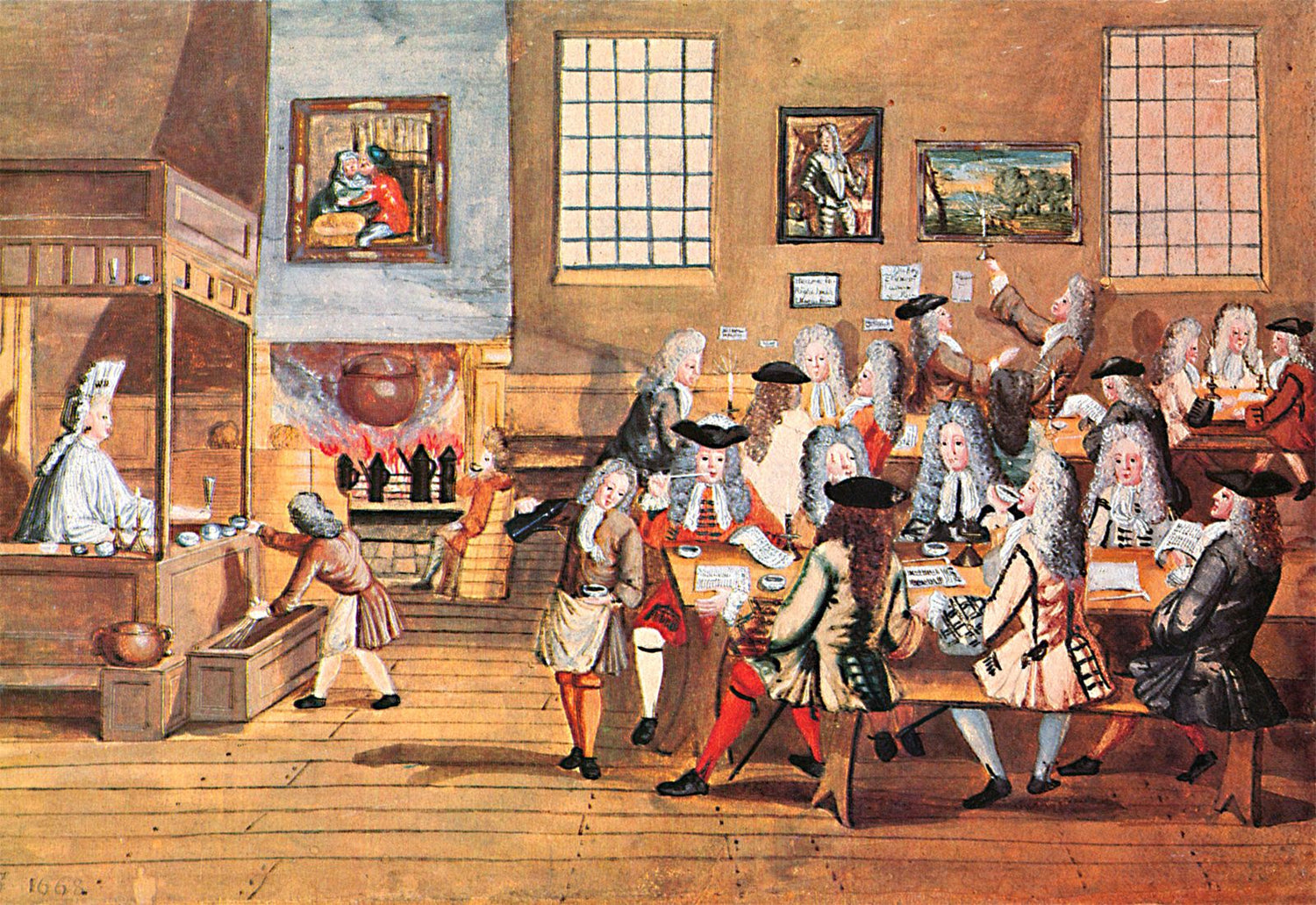Coffee, the beverage that has fueled civilizations, inspired revolutions, and shaped cultures. The history of coffee brewing is rich and complex as its flavor profile. From the humble beginnings in ancient Ethiopia to the sophisticated machinery of today, coffee brewing has evolved through centuries of innovation, patents, and cultural shifts. Let's embark on a journey through time to explore how we've brewed our daily cup of joe.
The History of Coffee: Ancient Brewing Methods
The history of coffee begins around the 9th century in Ethiopia, where legend tells us that a goatherd named Kaldi discovered coffee when he noticed his goats becoming unusually lively after eating red coffee cherries. Initially, coffee was consumed by chewing the cherries or brewing the beans with water in rudimentary methods akin to steeping or boiling. This was the essence of what we now recognize as Turkish coffee, where finely ground coffee is boiled in water several times to create a thick, strong brew.
The Spread Through the Middle East and Europe
By the 15th century, coffee had spread across the Arabian Peninsula, where it was prepared in pots called ibriks. The method involved boiling water, coffee, and sometimes spices like cardamom, which was both a social activity and a ritual. As coffee moved into Europe via Venice in the 17th century, it encountered a brewing culture accustomed to tea, leading to adaptations in brewing methods. Europeans began using cloth or metal filters to separate the grounds from the brew, a precursor to modern filtration methods.
The Industrial Revolution and Coffee Innovation
The 19th century marked a significant turning point with the industrial revolution. Coffee brewing began to transform from a simple, household activity into one that could benefit from technological advancements. One of the earliest patents, in 1806, was for a coffee maker by Hardot, which filtered coffee without boiling, essentially one of the first percolators. This was followed by the invention of the vacuum brewer or siphon pot in the 1830s in Berlin, which became commercially available in the 1840s. These devices used steam and vapor pressure to brew coffee, offering a visual spectacle as well as a cleaner taste due to the separation of grounds from the final brew.
In 1865, James H. Mason patented the first US coffee percolator, where water repeatedly circulated through the coffee grounds, extracting flavors in a cycle. This method, although it often over-extracted coffee, was a staple in American households until the mid-20th century.
The Espresso Revolution
Moving into the late 19th and early 20th centuries, Italy became the hub for coffee brewing innovation, particularly with the advent of the espresso machine. In 1884, Angelo Moriondo patented the first espresso machine, but it was Luigi Bezzera who refined it in 1901 to produce espresso quickly for commercial use. The machine used steam pressure to force water through finely ground coffee, creating a concentrated shot of coffee known for its crema. This invention not only changed Italian coffee culture but also influenced coffee consumption globally.
The Modern Era: Drip Brew and Beyond
The 20th century saw the rise of the drip coffee maker, with Melitta Bentz's 1908 patent for a coffee filter made from blotter paper, which led to the modern pour-over method. This period also witnessed the popularization of the French Press by Attilio Calimani and Giulio Moneta in Italy in 1929, although the design we're familiar with today was perfected by Faliero Bondanini in 1958. The French Press, known for its simplicity and rich flavor, became a staple in coffee culture worldwide.
Electric coffee makers became common in the 1930s and 1940s, and by the 1970s, Mr. Coffee's automatic drip machine revolutionized home coffee brewing, making it more accessible and less time-consuming.
Recent Innovations and Specialty Brewing
The turn of the millennium brought a new wave of coffee appreciation, often referred to as the "Third Wave," where the focus shifted towards the bean's origin, processing, and brewing techniques. Devices like the AeroPress, invented by Alan Adler in 2005, provided portability and versatility in brewing, while the resurgence of manual methods like the V60 and Chemex emphasized the art of coffee making. These tools allow for precise control over brewing variables like temperature, grind size, and brew time, catering to a more discerning coffee palate.
Looking Into the Future of Coffee Brewing
As we look ahead, the future of coffee brewing seems set to continue the trend towards personalization and sustainability:
- Smart Coffee Makers: With IoT integration, coffee machines are becoming smarter. They can be programmed to brew at specific times, adjust to personal taste preferences, and even order beans when supplies run low.
- Precision and Automation: Technologies like 3D printing could lead to even more customized brewing devices. We might see machines that can adjust to the biochemical profile of coffee beans for optimal extraction.
- Sustainability: There's a growing emphasis on sustainable practices, from the cultivation of coffee beans to the machinery used for brewing. Expect to see more eco-friendly materials in coffee makers and innovations in reducing the environmental impact of coffee production.
- Health and Customization: Coffee brewing might evolve to focus more on health benefits, with machines that can add antioxidants or vitamins to the brew or adjust caffeine levels based on health data from wearable devices.
- Coffee Science: The application of data science, AI, and machine learning could personalize your coffee experience further, perhaps even predicting your mood or energy needs for the day and tailoring your coffee accordingly.
- Cultural Fusion: As global cultures continue to blend, we might see more fusion brewing methods combining traditional techniques from various parts of the world, creating new flavor profiles and brewing experiences.
The history of coffee brewing is not just about how we've made coffee but how this beverage has influenced human interaction, technology, and culture over centuries. From the ancient art of boiling coffee cherries to today's high-tech, precision brewing, coffee remains a testament to human ingenuity and our eternal quest for the perfect cup. The future promises further innovation, blending tradition with technology, ensuring that coffee brewing remains an art form and a daily ritual for generations to come.


0 comments